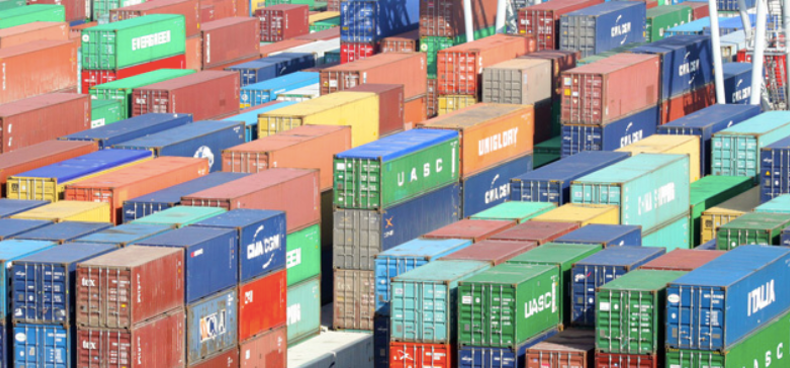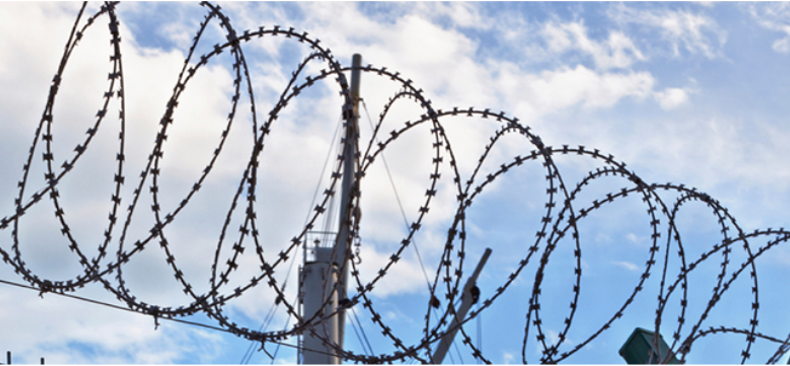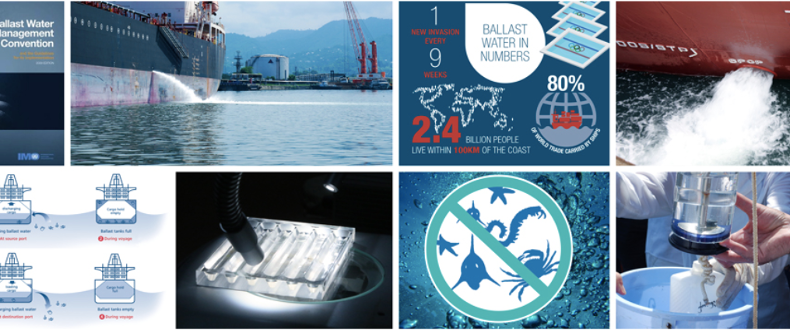1. What is IHM? IHM is a list that provides ship-specific information on the actual hazardous materials present on board, their location and approximate quantities. The IHM has following parts: I. Materials contained in ship structure or equipment II. Operationally generated wastes, and III. Stores The IHM Part I shall…
Inventory of Hazardous Materials (IHM)
The Inventory of Hazardous Materials (IHM) was introduced in the 2009 Hong Kong Convention for the Safe and Environmentally Sound Recycling of Ships. All ships weighing over 500GT will be required to carry the Inventory of Hazardous Materials. The purpose of an IHM survey is to provide ship owners, managing…
HDUM- ISO 9001:2015 Certification
HDUM was on 05th Aug 2019 issued with a Quality Management System Certificate conforming to standard: ISO 9001:2015- UKAS by China Classification Society Certification Company. HDUM’s ISO certificate is valid to the following scope for QMS: Marine Advisory, Marine Survey and Translations service.
HDUM- IHM Survey Class approval by China Classification Society
HDUM was on 15th April 2020 issued with a Certificate of test agency approval by China Classification Society (CCS Class) to conduct Inventory of Hazardous Materials (IHM) surveys for ships. HDUM is approved for Visual / Sampling Checks of Hazardous Materials on Board (Including Hazardous Materials listed in Appendix 1…
Sulphur 2020 – cutting sulphur oxide emissions
The main type of “bunker” oil for ships is heavy fuel oil, derived as a residue from crude oil distillation. Crude oil contains sulphur which, following combustion in the engine, ends up in ship emissions. Sulphur oxides (SOx) are known to be harmful to human health, causing respiratory symptoms and…
Safe transport of containers

Containers carry a vast array of different goods, from consumer goods such as shoes and electronic devices, to chemicals and other raw materials. The largest container ships can carry more than 20,000 containers. UNCTAD estimates that 752.2 million 20-foot equivalent units (TEUs) were moved at container ports worldwide in 2017. Containerized trade accounted…
Maritime security

For trade to flow effectively, the connections between ships, ports and people must also be secure. IMO facilitates this by helping Member States enhance their maritime security, focussing on what the civil maritime stakeholders, which includes both the shipping and port sectors, can do to protect themselves and to assist…
Implementing the Ballast Water Management Convention

The International Convention for the Control and Management of Ships’ Ballast Water and Sediments, 2004 (BWM Convention), entered into force globally on 8 September 2017. Ballast water management – the control of harmful invasive species Ballast water may be taken onboard by ships for stability and can contain thousands of…
